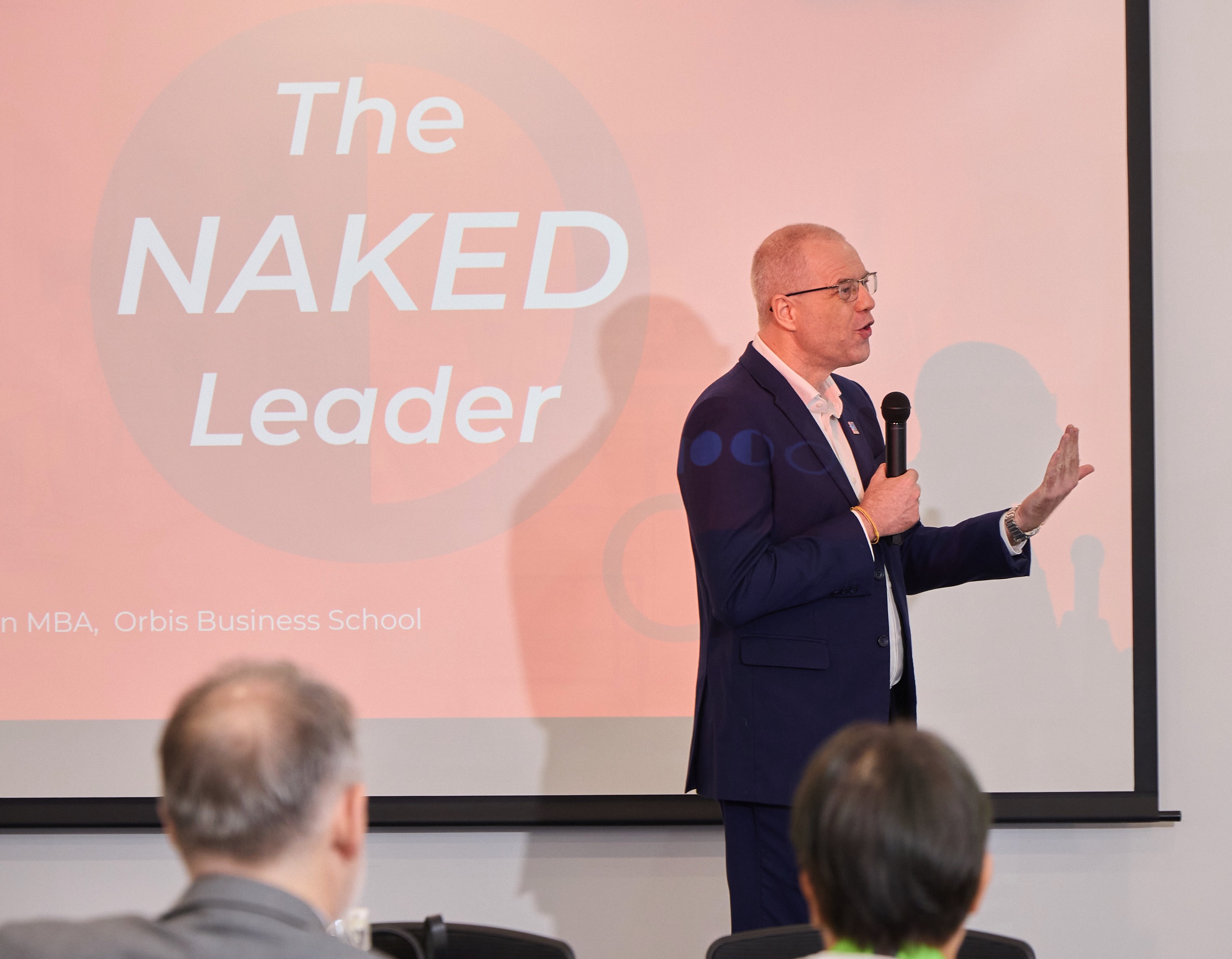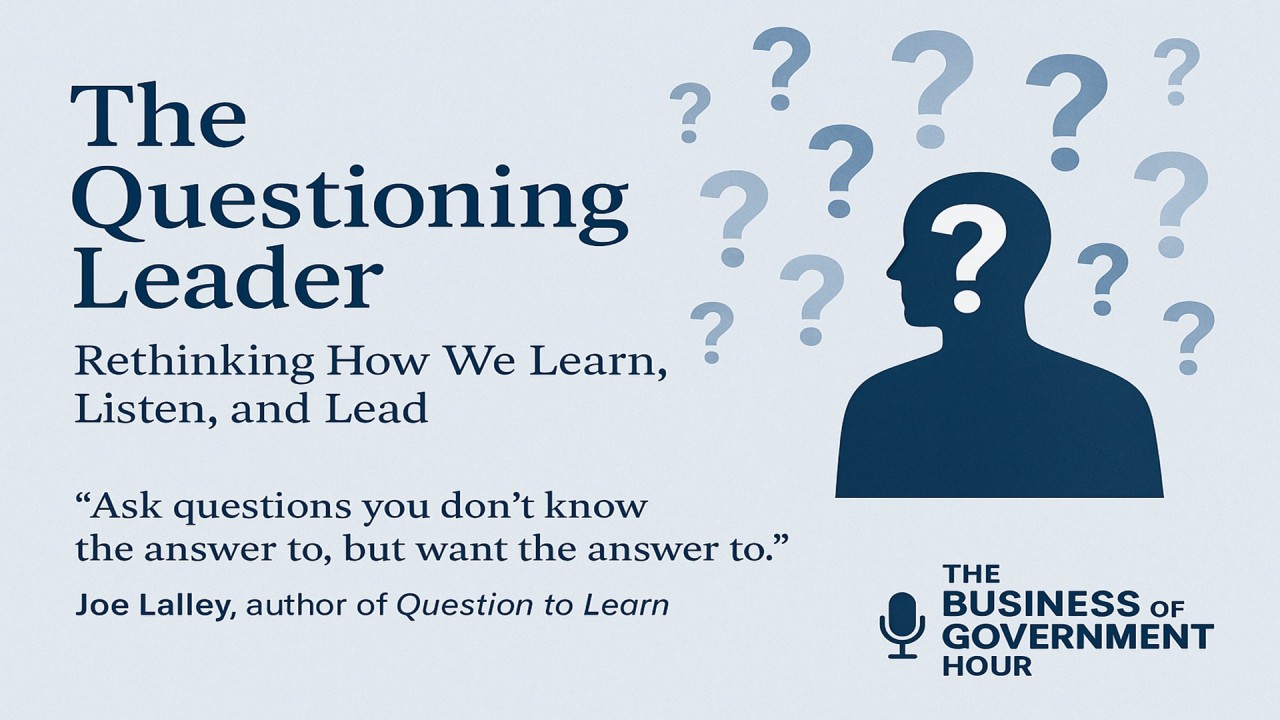
Starting with the obvious here: COVID-19 has fundamentally changed the way we live, work, and play. The pandemic has made all of us into futurists, wondering and predicting what the world will look like in a post-COVID era.
There’s no doubt that the future of work will be different. How, exactly, is yet to be seen. Based on recent and emerging trends, it seems that there will be changes in three categories: shifts in interpersonal communications, introduction of new technologies, and changing jobs.
Communication and connection
As we emerge from our “Zoom cocoons” over the last two years and return to in-person work, there will be shifts in how we communicate and connect with one another. While it will affect everyone, the Human Resources vertical will be most deeply affected by new post-pandemic dynamics.
Here are some shifts in the future of work from an interpersonal perspective:
- Potential workplace segregation because of differing beliefs about vaccines, masks, and other topics. Workplaces will need to navigate the tricky balance of competing opinions and voices.
- Death of the webinar. With many people experiencing video-fatigue, common tools like the webinar might become obsolete in favour of in-person or other methods of communication.
- Augmented coaching and training for leaders and managers. Many people found it hard to lead a team virtually, without the benefit of in-person communication and body language. There will likely be a rise in assisted management coaching to help get leaders heads out of the spreadsheets and get their hearts back in the workplace.
Introduction of new technologies
Technology is ever-changing and evolving. The pandemic also accelerated technological advances out of necessity. It is likely that we will see an emergence of new and exciting technologies that both aid our work, but may also create new challenges to overcome.
Here are some top technology trends to expect in the future of work:
- Artificial Intelligence (AI) explosion. We’re really just at the tip of the iceberg with AI—there is so much more potential for it to be used in our workplaces. The challenge will be how to manage AI in an ethical and responsible way, which will prompt the emergence of new roles and industries surrounding AI ethics.
- Chatbot enhancements. Already used widely, chatbots can be useful to help automate processes. They are, however, still fairly basic and can be improved on. We may see chatbots become more sophisticated, able to “talk” to a customer in a conversational way. In a recent Linkedin survey it was discovered that people are more likely to share a personal in-depth story with a stranger rather than somebody close to them. Chatbots and in particular, conversational AI could quite possibly find a new home in this space.
Changing jobs and roles
The lines between work and home became blurry during the pandemic. Many also found extra time to take on new side hustles with their extra spare time. How will this all incorporate back into the workplace?
Here are some of the changing jobs and roles expected post-pandemic:
- Incorporating the gig economy into the traditional workplace. Managers and leaders will have to become more accepting of the new norms like side hustles and portfolio or gig-based work.
- Flexible work schedules. Managers will need to learn how to accommodate work-from-home and flexible schedules that so many employees are now used to.
- New jobs and roles. No one expected a pandemic, and few were prepared for it. It’s likely that business readiness and disaster recovery will become a key role to fill for businesses and organizations.
- Ethical AI roles. AI will replace many data driven roles. For example many roles in that trawl through previous cases for precendece could be replaced by AI however new roles in AI Law that address the ethics behind AI could be a whole new field.
A futurist knows that you can’t know exactly what will happen, but you can make good predictions based on current trends, which we’ve done here. After all, the old adage rings true: the only thing constant in life is change.
By Luke Jamieson
Keywords: Customer Experience, Emerging Technology, Future of Work

 Who Are You Under Pressure - And Is That the Real You?
Who Are You Under Pressure - And Is That the Real You? LinkedIn Voice for Sales
LinkedIn Voice for Sales Succession Planning is Hard because it’s Identity, Structure, and Systems All at Once
Succession Planning is Hard because it’s Identity, Structure, and Systems All at Once The Corix Partners Friday Reading List - February 13, 2026
The Corix Partners Friday Reading List - February 13, 2026 The Questioning Leader: Rethinking How We Learn, Listen, and Lead
The Questioning Leader: Rethinking How We Learn, Listen, and Lead